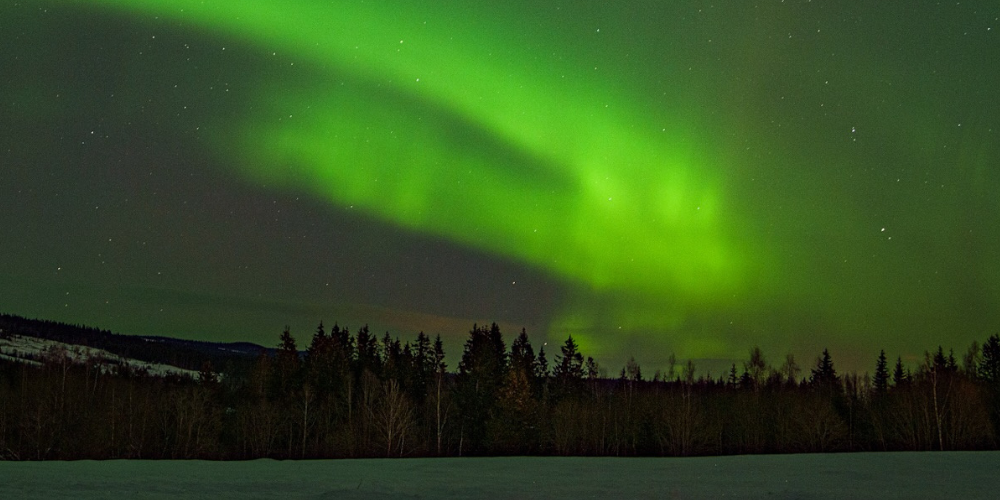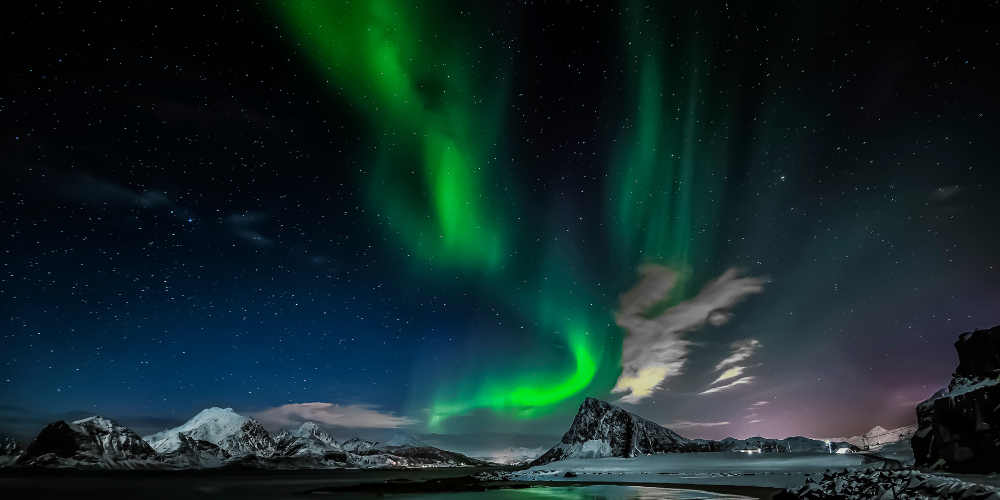Since the emergence of Homo sapiens over 300,000 years ago, humans have significantly impacted the planet's natural environment. Human activities have left a significant imprint on Earth's ecosystems, from hunting and gathering to agriculture and industrialization.
Today we will explore when humans started altering the Earth and the different stages of human impact on the planet.
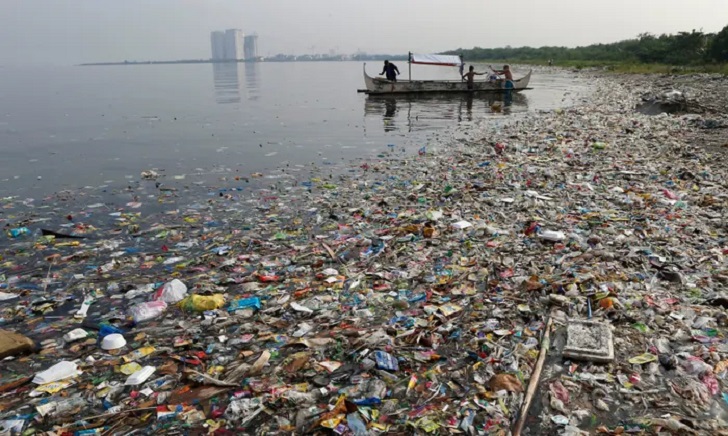
Erik de Castro/ Reuters | It is essential to recognize the significant impact that humans have on the planet and work toward sustainability
Prehistoric Times
Before the rise of civilization, humans were still altering the Earth in significant ways. Early humans hunted large animals, such as mammoths and bison, causing extinctions and altering the landscapes of their habitats.
They also gathered plants for food and medicine, clearing out certain areas of forests and altering the natural balance of plant species. As early humans transitioned to agriculture, they began cultivating crops and domesticating animals, further changing the natural environment.
Agricultural Revolution
Around 10,000 years ago, humans began to settle in one place and develop agriculture. This marked the start of the Agricultural Revolution, where humans started to cultivate crops and domesticate animals. As a result, they began to clear forests to make way for fields and pastures, which led to soil erosion and the depletion of natural resources.
In addition, the domestication of animals, such as cows and pigs, led to the overgrazing of grasslands and the spread of diseases. The Agricultural Revolution was a significant turning point in human history, as it allowed for the development of permanent settlements and the rise of civilizations.
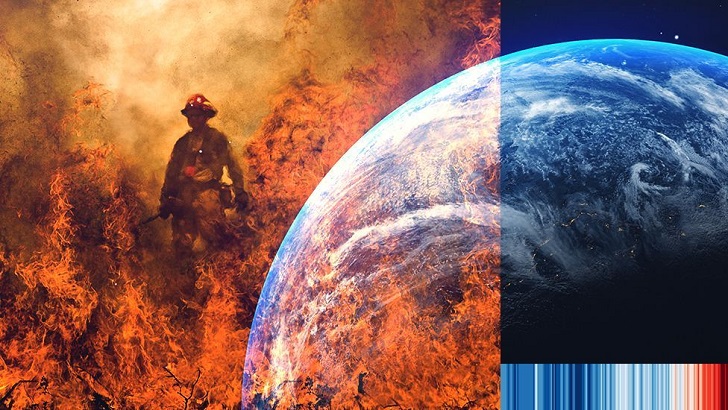
COP26/ BBC | The Agricultural Revolution marked a significant turning point in human history
Industrial Revolution
The Industrial Revolution, which began in the 18th century, marked a new phase in human impact on the planet. The increased use of fossil fuels, such as coal and oil, led to the growth of factories and the mechanization of agriculture. This resulted in air and water pollution, deforestation, and the extinction of many species.
The Industrial Revolution also led to the growth of cities, with more and more people moving to urban areas for work. This led to the expansion of urban areas, which often led to the destruction of natural habitats.
Modern Times
In modern times, humans have continued to alter Earth in significant ways. The growth of technology and globalization has led to the expansion of industrial activities and the depletion of natural resources. Overusing resources such as water, land, and minerals has led to the degradation of ecosystems and the destruction of biodiversity.
Climate change, caused by the emission of greenhouse gasses from human activities, is also significantly impacting the planet. The rise of the Anthropocene era, a geological epoch marked by the impact of human activities on the world, is a testament to humans' significant and ongoing alteration of the Earth.
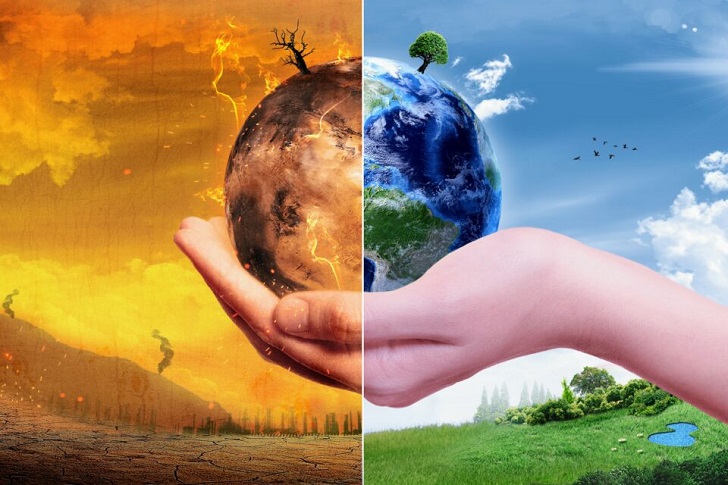
Andrei Ionescu/ iStock | Earth is only the fifth largest planet in the solar system. It is the only world in our solar system with liquid water on the surface
Conclusion
In conclusion, humans have been altering the Earth for thousands of years, from prehistoric times to the present day. The different stages of human impact, such as the Agricultural and Industrial Revolution, have led to significant changes in the planet's ecosystems and natural resources.
As we move into the future, it is essential to recognize humans' significant impact on the earth and work towards more sustainable and environmentally friendly practices. Only by doing so can we ensure the health and well-being of the planet and its inhabitants for generations to come.

